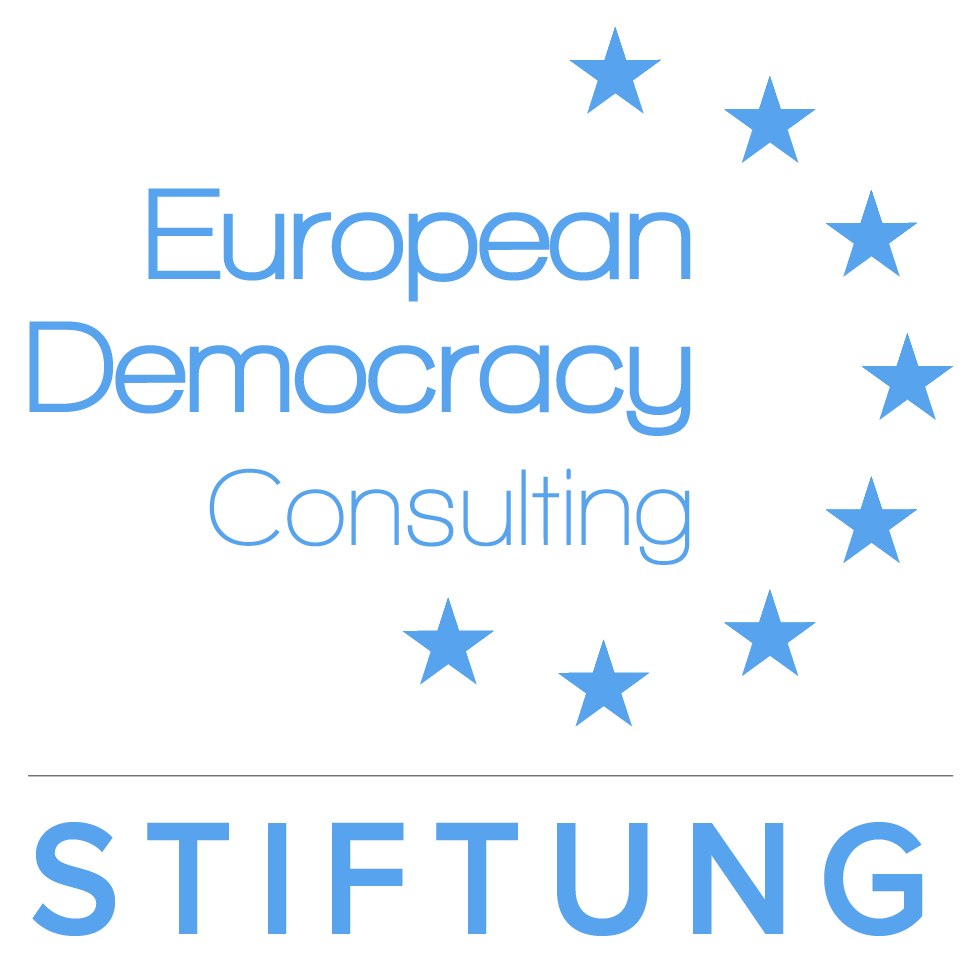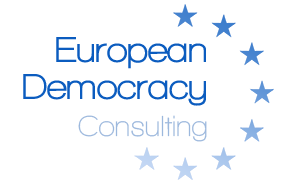How to tank your 28th regime
As the Commission hones its proposal for a 28th regime for European start-ups, it would do well to consider the cautionary tale of European political parties.
As the Commission hones its proposal for a 28th regime for European start-ups, it would do well to consider the cautionary tale of European political parties.
Instead of the mere band-aid of transnational lists, let us reform EU parties and engage on a bold reform to engage citizens and make our election truly European.
The 2024 European election are now behind us and we know the results for national political parties and political groups in the European Parliament. But what do they mean for European political parties? Who won? Who is up or down?
The 2024 Geographical Representation in EU Leadership Observatory (GRELO2024) analyses recent appointments to EU leadership positions and provides recommendations to ensure a fairer representation.
The 2023 Geographical Representation in EU Leadership Observatory analyses recent appointments to EU leadership positions.
Instead of the mere band-aid of transnational lists, let us reform EU parties and engage on a bold reform to engage citizens and make our election truly European.
The 2022 Geographical Representation in EU Leadership Observatory analyses recent appointments to EU leadership positions.
This Policy Brief published by the ÖGFE proposes concrete reform proposals for the funding system of European political parties.
The Geographical Representation in EU Leadership Observatory 2021 analyses past and present trends of regional representation in the EU’s leadership.
European Democracy Consulting provides its comments on the APPF’s reply in the framework of the European Ombudsman inquiry into its transparency practices.
Instead of the mere band-aid of transnational lists, let us reform EU parties and engage on a bold reform to engage citizens and make our election truly European.
Following a complaint by European Democracy Consulting, the European Ombudsman has announced the opening of an inquiry into the handling, by the European parties watchdog, of its transparency obligations.
A report highlights the failures of the European party watchdog to implement its transparency requirements under EU law. European Democracy Consulting lodged a complaint to the European Ombudsman on 26 June.
It’s not just a feeling: elections in Europe do take place all the time. European Democracy Consulting provides unique data and visualisations to understand the scope of this constant electioneering. Here is why we should care.
The Authority for European Political Parties and European Political Foundations appears not to comply with its transparency obligations stemming from Article 32 of Regulation 1141/2014 on the statute and funding of European political parties and European political foundations. This review highlights the accomplishments and shortcomings of the APPF regarding its transparency requirements. We hope it proves useful to you in enacting the necessary measures to meet the provisions of Regulation 1141/2014.
The European election, last May, was undoubtedly the major political element of 2019. Campaigns were fierce, the outcome closely observed, and its consequences ran until the end of the year with the arrival of the new Commission. Yet, one group of stakeholders was scarcely mentioned: European political parties.
Fifteen years after the 2004 “big bang” of EU enlargement, is there an East-West divide in the EU’s leadership? This quick review reveals a dramatic absence of entire regions which must be addressed.
Sixty years in, the EU still does not have a common election. More than ever, it is essential for our democracy and the equality of European citizens that we adopt a common voting system. The Bundestag gives us a fascinating way forward.
[Published by EuropeanConstitution.eu]
‘Transnational lists’ in European elections would mean creating a Europe-wide constituency to give citizens a chance to vote for common candidates, in addition to national ones. It is the most oft-discussed idea for making European elections ‘more European’. However, we should instead focus on developing pan-European political parties.
[Published by The New Federalist]
Nationalist parties all across the EU have long been feeding off the Union’s lack of democracy and are bound to jump on the way the new leaders of EU institutions are elected to reinforce their message.
[Published by EURACTIV.com]
With over 400mn people eligible to vote, the recent European parliamentary election was the second-largest democratic exercise in the world. Yet, beyond the vote itself, how democratic really is the EU?
[Published by Friends of Europe]
Europe is about democracy. We cherish democracy in our national institutions by ensuring a healthy separation of powers, by fighting for free and fair elections, and by combining the rule of the majority with the protection of the minority. Let’s do the same at the European level.
[Published by EURACTIV.com with Andrew Duff]

The European Democracy Consulting Stiftung is a non-profit association and relies on donations for its work.
Your donation directly supports our projects and helps us improve the services we provide.
